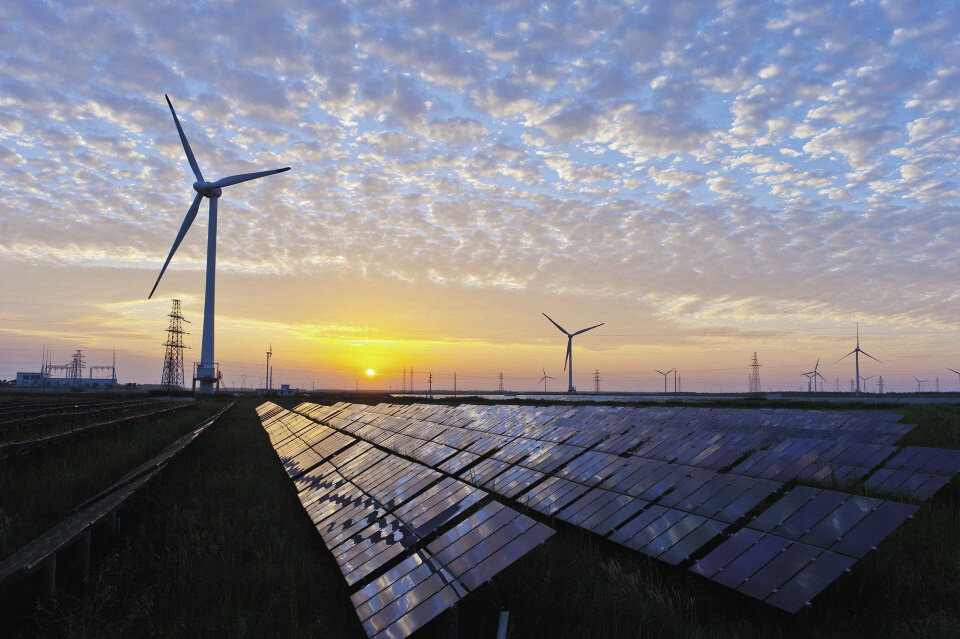On February 3rd, a proposal to establish a National Green Bank was floated in both chambers of the U.S. Congress. The proposal calls for $100 billion Clean Energy and Sustainability Accelerator to help unlock credit and direct financing towards technologies that need to be commercialized. This proposal also follows closely on the heels of the recently released National Academies of Science, Engineering and Medicine report on deep decarbonization (co-authored by Kelly Sims Gallagher) which calls for a green bank at the federal level that can help capitalize local level green banks. It comes amidst reports that governments, corporations and other entities last year raised over $490 billion in green bonds and social impact vehicles.
Read MoreChina’s recent pledge to achieve ‘net-zero’ emissions by 2060 garnered much international attention. Europe and Japan are already committing to net zero targets that phase out most coal usage by 2030, and a re-entry of the United States into the Paris Agreement will mean greater pressure on China to exit from coal. China’s top academic experts are suggesting the country’s coal use needs to fall to 5 percent or less by 2050, unless coupled with carbon capture and storage. While China’s pledge covers emissions within its own territory, it continues to accumulate a major footprint overseas with its financing of coal-fired power plants. China’s external financing of coal is likely to face greater scrutiny as well with a growing number of countries and international institutions pledging to stop the funding of coal projects.
Read MoreWhen leaders of the G20 met this weekend, they appeared to focus heavily on the major challenge to the global economy: a second wave of the global pandemic and the possibility of breakthrough vaccine. But always in the wings of any global economic discussion is the longer-term challenge of tackling the climate crisis. As G-20 countries consider additional economic stimulus to tackle both crises, our research shows that energy efficiency of buildings (BEE) is a comprehensive solution that can both create new, green jobs while providing a major step towards decarbonizing economies. Both the United States and China have targeted BEE in past stimulus spending. With the G-20 countries pledging to enhance their commitments under the Paris Agreement, including BEE would offer countries multiple benefits.
Read MoreThe website “Restoring American Leadership” which chronicles the transition plans of U.S. President Elect Joe Biden includes a vision specifically on climate change. It calls on the United States to go further than just rejoining the Paris Climate Agreement to build “a more resilient, sustainable economy – one that will put the United States on an irreversible path to achieve net-zero emission, economy-wide, by no later than 2050.” The plan references multiple ways to accomplish net zero goals including promoting climate smart agriculture, building greener and more resilient public transportation infrastructure, and decarbonizing the power sector as well as creating additional union jobs via a major program upgrading existing buildings.
The transition planning, as described, misses the opportunity to put U.S. actions into a global perspective. We offer some suggestions for the new administration, based on the Climate Policy Lab’s research, on how to marry national domestic climate policy with international challenges and opportunities.
Read MoreAs China prepares to peak its carbon emission before 2030 and achieve carbon neutrality before 2060 as recently announced by President Xi Jinping and Germany readies its participation in Europe’s plans to become climate neutral by 2050 via $572 billion in stimulus funds, the question of how best to foot the bill to promote new ambitious government targets for renewable energy will be back front and center.
Read More




